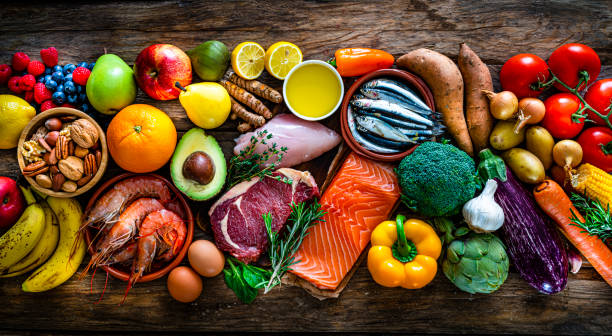
FAQ About Paleo Diet
Paleo Diet
2 years ago | gizem
Does the Paleo diet have any positive effects on digestion?
- Emphasis on whole, unprocessed foods: The Paleo diet encourages the consumption of whole, unprocessed foods such as fruits, vegetables, lean meats, fish, nuts, and seeds. These foods are generally easier to digest compared to processed and heavily refined options.
- Exclusion of grains and legumes: The Paleo diet eliminates grains (wheat, rice, oats, etc.) and legumes (beans, lentils, peanuts, etc.) that can be harder to digest due to their high fiber and anti-nutrient content. For individuals who have sensitivities or intolerances to these foods, removing them from the diet may alleviate digestive discomfort.
- Reduction in potential irritants: The avoidance of processed foods, artificial additives, and refined sugars in the Paleo diet may help reduce digestive irritants and minimize gastrointestinal distress.
- Increased fiber intake: The Paleo diet, when well-balanced, can provide a significant amount of dietary fiber from fruits, vegetables, nuts, and seeds. Adequate fiber intake supports healthy digestion by promoting regular bowel movements and maintaining gut health.
- Potential reduction in inflammation: The Paleo diet's focus on whole foods and the elimination of processed and inflammatory ingredients may contribute to a reduction in gut inflammation. This can be beneficial for individuals with conditions such as irritable bowel syndrome (IBS) or inflammatory bowel disease (IBD).
- Individualized approach: The Paleo diet can be tailored to individual needs and sensitivities. By listening to your body and identifying specific trigger foods, you can personalize the diet further to support optimal digestion.
